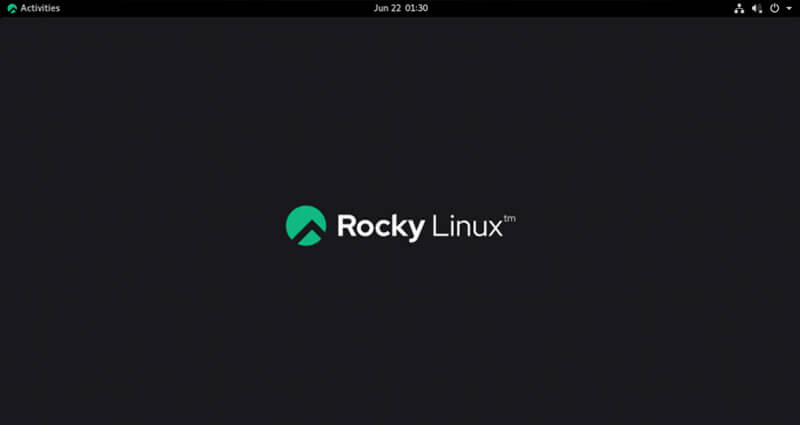Business leaders must weigh multiple needs when deciding on the operating system they’ll use to power their enterprise. Consider your case. How important are stability, security, and cost? These factors will certainly impact your final decision.
To help control costs and increase flexibility, you might be exploring an open-source operating system. One enterprise operating system gaining traction is Rocky Linux. Rocky Linux is a community-supported, free, open-source operating system designed to be a drop-in replacement for Red Hat Enterprise Linux (RHEL). It is based on the source code of RHEL and aims to provide a stable, secure, and consistent platform for enterprise users.
How do these features benefit your business specifically? Let’s dive deeper into the key benefits of Rocky Linux for enterprise.
Rocky Linux Is Built From the Ground Up for Enterprise
“Our priority was to ensure that the community didn’t have to worry about another disruption in the enterprise operating system space. Along with Rocky Linux, we also created the Rocky Enterprise Software Foundation to ensure that Rocky Linux is here to stay. The foundation brought many organizations, hardware and software vendors, and system integrators together to ensure the stability and standardization of Rocky Linux for everyone.”
Gregory Kurtzer, founder of Rocky Linux and CEO of CIQ
Rocky Linux is ideal for enterprises because it provides compatibility at the most granular level and is under intensive development by the open-source community. These factors ensure a solid foundation for years to come. Consider five reasons why Rocky Linux is a good choice for enterprise use:
- Compatibility. Rocky Linux is compatible with RHEL, meaning it can run the same applications and tools. This makes it easy to migrate from RHEL to Rocky Linux without worrying about compatibility issues.
- Stability and security. Rocky Linux is designed to be a stable operating system with a focus on reliability and security. It’s regularly updated with security patches and bug fixes, which helps to protect against vulnerabilities and keep the system running smoothly. Recently, Rocky Linux achieved the latest milestone in the FIPS 140-3 validation process: being named to the NIST Implementation Under Test List. Additionally, CIQ is underwriting this extensive validation process as a gift to the community.
- Cost. One of the main advantages of Rocky Linux for enterprise users is its low cost. Since it is a community-supported and open-source operating system, it is free to download and use. As a result, organizations can save on licensing fees and reduce overall IT costs.
- Customization. Rocky Linux is highly customizable. Thus, organizations can tailor the operating system to their specific configurations or customizations to meet their business requirements.
- Community support. Rocky Linux has a strong community of users and developers who contribute to the development and maintenance of the operating system. The strong community provides a wealth of knowledge and support for its users, which can be particularly useful for organizations that rely on open-source solutions.
While Rocky Linux does boast strong community support, it’s bigger than a private community project. It also has the support of a foundation, corporate partners, and a unique vision.
Solid Partnerships Lead to More Compatibility

A major concern for companies when using open-source software is stability. They worry that they may adopt a software solution only to lose support later on. Rocky Linux is backed by the Rocky Enterprise Software Foundation (RESF), which was “designed to help open source projects thrive with a structure that ensures a balanced and fair distribution of community control while specifically enabling enterprise use-cases, vendors, and commercial entities.”
How does Rocky Linux’s organizational and corporate backing benefit you as an enterprise user?
- Sponsorship breeds trust. While corporate backing boosts confidence in a company, when coupled with the right principles, it demonstrates a higher level of commitment to reliability, longevity, and compatibility. Rocky Linux is partnered with well-known names such as CIQ, arm, and Fastly.
- Organizational vision contributes to order. Without an organization to guide and set the vision, open-source projects can sometimes be subject to the whims of the project creator. The backing of a founding organization steered by a charter and bylaws ensures potential and current supporters know how resources will be used.
- Partnership increases compatibility. Organizations interested in an enterprise operating system will likely also consider its compatibility with other enterprise applications and hardware like AWS and ARM. Rocky Linux enjoys partnerships with many large corporations like those mentioned above, many of which are certifying their hardware and software will work with Rocky Linux.
Businesses Trust Linux To Support Their Operations
While operating systems like Windows and macOS are the norm in the consumer world, businesses trust Linux to run their applications. In fact, popular enterprise software like Docker and Kubernetes got their start on Linux, and consumer products like Roku leverage Linux (RokuOS) to deliver their services. One of the main reasons organizations trust Linux is stability.
Being an open-source model has the benefit of being reviewed by many eyes. Community contributors can submit fixes that benefit every user, ensuring that important fixes reach everyone. Additionally, since much of its user base are businesses, Linux’s long-term support (LTS) releases tend to stay around for a while — providing additional stability and support.
How Can You Get Started With Enterprise Linux?
Switching to Linux can be a significant decision for a business, and it’s important to carefully consider the following factors before making the switch:
- Businesses should consider whether their current software and hardware will be compatible with Linux. If not, they may need to invest in new hardware or software, which can be costly.
- Consider the level of support available for Linux in your organization, both from internal staff and external vendors.
- Linux is often seen as a cost-effective alternative to proprietary software, but businesses need to consider the total cost of ownership, including licensing, maintenance, and support costs.
- Linux is known for its security features; nevertheless, businesses should still consider whether its implementation will meet their specific security requirements.
- User training. Employees who are accustomed to using other operating systems, such as Windows or macOS, may need training to use Linux effectively.
Overall, switching to Linux can prove to be a cost-effective, flexible, and secure platform. However, businesses must carefully consider the factors above to ensure a successful implementation.
Make the Rock Solid Choice; No Pun Intended
Rocky Linux is a reliable and cost-effective choice for enterprise users who need a stable and secure operating system. Its compatibility with RHEL, focus on stability and security, low cost, customization options, and strong community support make it a good choice for many organizations. But open-source doesn’t mean that you’re on your own.
Equus is a full-stack solutions integrator and a leader in open-source Solutions. In partnership with CIQ, we help customers with concept, design, deployment, and support. If you’re interested in leveraging open source and want the support of an experienced hardware partner, let’s talk.







